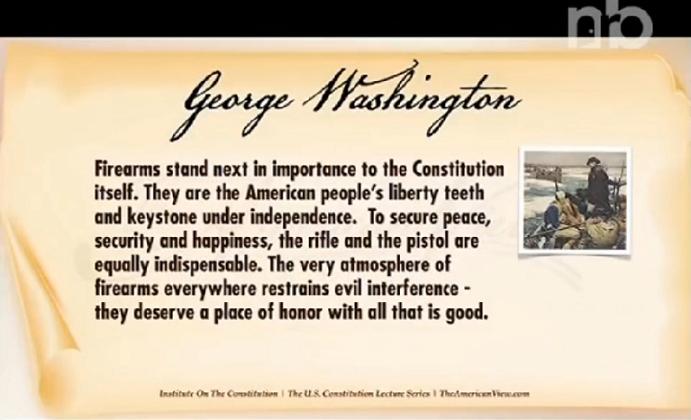Some Cincinnati area ministers are calling on the National Religious Broadcasters’ Network to drop ties to the Institute on the Constitution & League of the South. The group is troubled by Institute on the Constitution teacher Michael Peroutka’s course on the Constitution which has been shown on the NRB Network weekly since July. They point out Peroutka’s long time membership in the League and the fact that he is a newly elected board member of the organization. The Institute was behind the course on the Constitution which was canceled by the Springboro, Ohio school board and the conference which Family Research Council VP Lt. Gen. Jerry Boykin exited earlier this year. More about the League of the South/Institute on the Constitution can be found here.
Here is the press release in full:
PRESS RELEASE
Evangelical pastors unite to hold National Religious Broadcasters (NRB) accountable for its airing of Michael Peroutka’s Institute on the Constitution.
* * * * * * * * *
For more information contact: Rev. Chris Beard or Rabbi Michael Wolf.
Friday, September 20, 2013
Cincinnati Area Pastors is a multi-ethnic group of evangelical leaders, committed to creating and preserving unity in the Body of Christ. It has come to our attention that NRB airs, and endorses, a program by Michael Peroutka:Institute on the Constitution. Mr. Peroutka is an unashamed board member of the League of the South, and has pledged his business and family resources to that effort. League of the South is a neo-Confederate movement endorsing secession from the current government, and a return to the Confederate Constitution of 1861. League of the South’s main goal is to see the South become a separate nation led only by whites. Its leader, Michael Hill, applauds slavery, as well as Jim Crow; and is vehemently against multiculturalism and diversity.
Our commitment to unity makes it impossible for us to overlook this promotion by the NRB. As leaders, we must hold NRB responsible for the divisive ideology it has espoused through connection with Mr. Peroutka. Our specific issues with the NRB are as follows:
- We contend that one cannot separate Michael Peroutka from his alliance to League of the South.
- We contend that by endorsing Michael Peroutka, NRB also endorses secessionism and extreme anti-American government sentiments.
- We contend that NRB is responsible for giving Mr. Peroutka an enormous platform of influence and sway within the Body of Christ.
- We contend that NRB is also promoting the racial divide within the Body of Christ, by promoting someone who idealizes the Confederate Constitution.
- We contend that NRB has left its guiding principle and “holy obligation to boldly and creatively proclaim a Christ-centered Gospel, rather than a ‘man-centered’ message.” A company cannot promote pro-slavery documents, and still proclaim a Christ-centered Gospel.
- We contend that NRB cannot promote a man who is against multiculturalism, without promoting the division of the Body of Christ along color and ethnic lines.
The Cincinnati Area Pastors contacted Frank Wright, CEO and president of NRB, three weeks ago with our concerns. Mr. Wright acknowledged receipt of our concerns, and has chosen to take no action against Michael Peroutka.
Therefore, we are urging all pastors, and their congregations, to take action with us in an email/letter writing campaign or by signing our petition (https://www.change.org/petitions/national-religious-broadcasters-drop-institute-on-the-constitution). NRB leadership will either have to decry the ideology Michael Peroutka/League of the South espouses, and, distance itself from that connection; or, NRB will have to acknowledge that it embraces the ideologies of Michael Peroutka/League of the South, and we will then distance ourselves from all things NRB (memberships, products, etc.). Please write and ask that NRB distance itself from Institute on the Constitution.
Email:
Frank Wright at [email protected]
Troy A. Miller at [email protected]
Write:
National Religious Broadcasters, Frank Wright, President
9510 Technology Drive
Manassas, VA 20110 or Call: (703) 330-7000
For more information contact: Rev. Chris Beard or Rabbi Michael Wolf.
Website: http://www.change.org/organizations/cincinnatiareapastors
